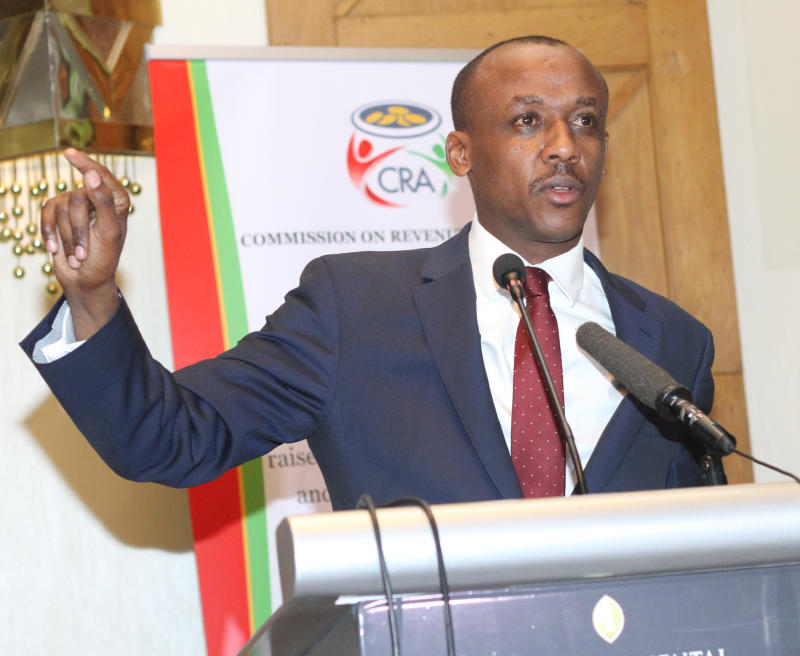×
The Standard e-Paper
Fearless, Trusted News

Leaders and legal experts have poured cold water on the much-publicised lifestyle audit for all public officers.
The leaders cautioned that without a substantive law to back “voluntary” lifestyle audit as declared by President Uhuru Kenyatta, the process might suffer a major hiccup that may lead to several court cases.